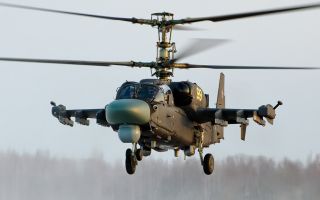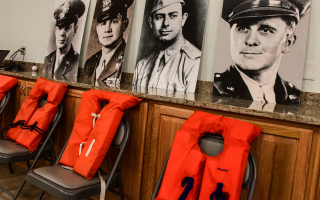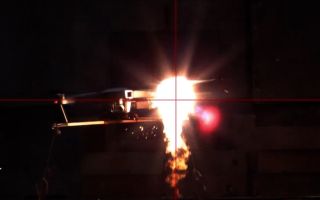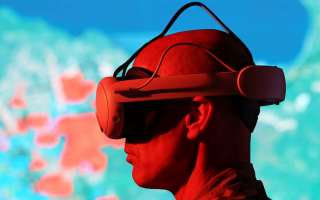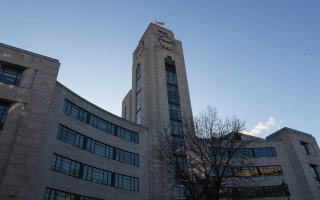Why the military should care about the Defence Select Committee
The Defence Select Committee plays a key role in holding the Ministry of Defence (MOD) to account and making the military a better place to work.
Appointed by the House of Commons, its role is to examine the expenditure, administration and policy of the MOD and its associated public bodies.
With MP Robert Courts becoming the new chair of the committee, Forces News has taken a look at how the group really can make a difference.
Former Defence Select Committee chair (2005-14) Lord Arbuthnot told the Sitrep podcast that a "valuable connection" had been created during his time in the role and it was crucial for the Armed Forces so they could see "the country took notice of and cared about" their work.
"One thing that we did do while I was chair of the committee was to make a point of visiting our Armed Forces when they were deployed both in Afghanistan and in Iraq, and we also went to visit our Armed Forces in their barracks, in their naval stations, all over the country and all over the world," he said.
Lord Arbuthnot added: "That, of itself, kept us connected with them. It was a valuable connection, and I hope that it made them feel that the public of the country took notice of and cared about what they were doing."
Minister influence
The former Defence Select Committee chair recalled a "more tangible" benefit from a visit from the committee to RAF Akrotiri.
Following a visit and the communication of "dissatisfaction" at the time at the way the Armed Forces were being transported to and from being in a war zone, an improvement was seen.
"Ministers don't like the bad publicity of select committees saying 'nothing has happened since we did this, that or the other'," he said
"They do tend to be influenced by what select committees say."
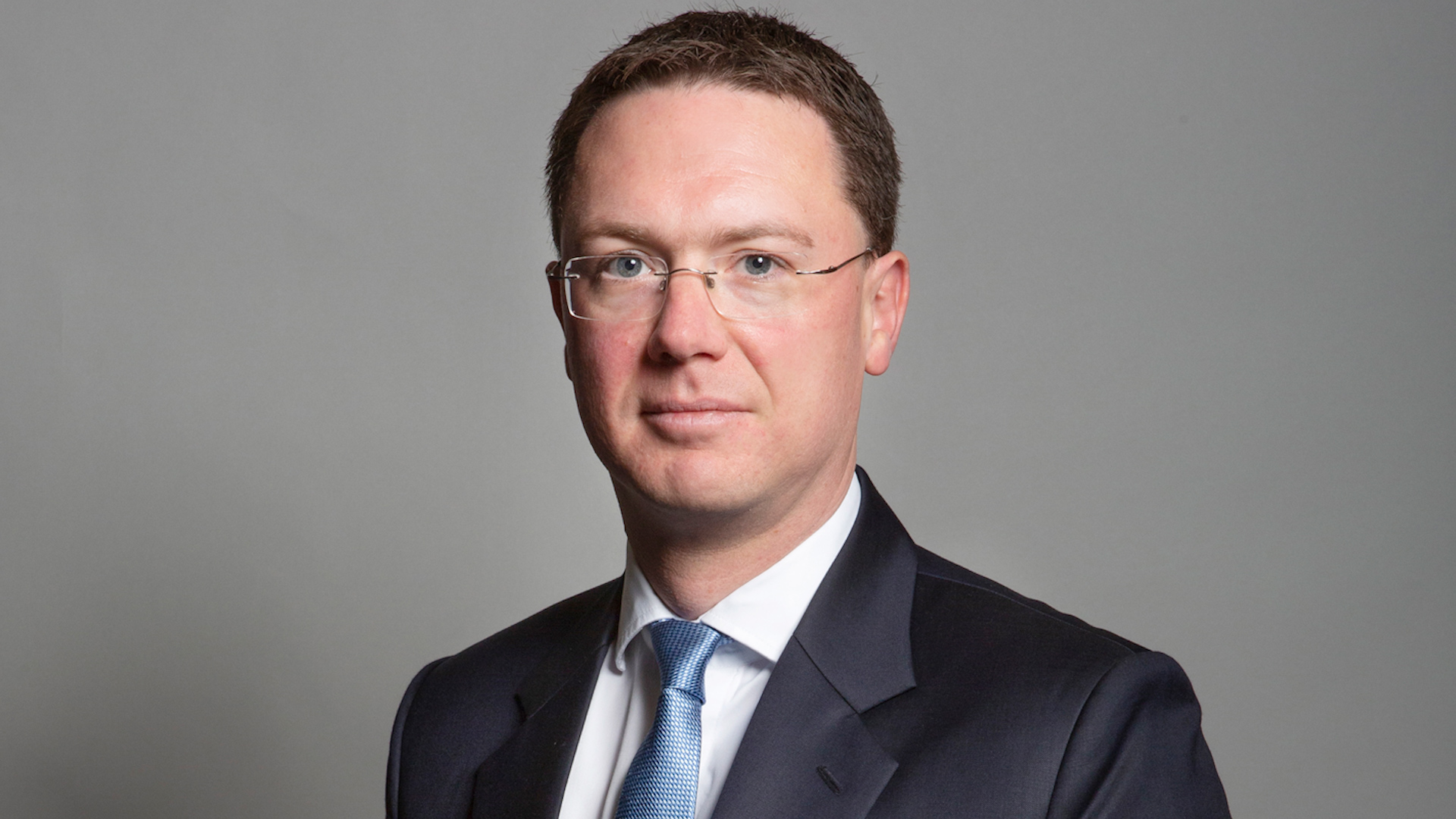
New Defence Committee chair Robert Courts said in his first statement since his appointment: "All around us, the world is becoming more challenging.
"As a consequence, our forces need more support, more investment and more capacity, not less. Under my leadership, the committee will continue to unpick the long-term issues that affect defence.
"We will seek to provide solutions for these, including tirelessly making the case for more investment in our Armed Forces.
"We will consider not just how to build robust supply chains and bolster our industrial base, but we will also ask how UK defence should exploit emerging technologies of the future."
'On the side of the personnel'
Professor Michael Clarke, a former head of defence think tank the Royal United Services Institute (RUSI), highlighted while talking on the Sitrep podcast, that "the importance of the committee is also that they produce the evidence" to their claims of more support and investment into the Armed Forces.
"No statement can ever be made in a committee report unless it is backed up with evidence that that committee has taken," Prof Clarke said.
He added: "They produce hard evidence of somebody who has said this is the case, or a document which has said this is the case, so they can't be dismissed so easily, and that's the benefit of these committees.
"They are always on the side of the personnel of the Armed Forces. In that respect, the MOD always says 'Oh yes we take that really seriously'.
"But the committee has got to keep nagging and nagging and nagging on behalf of the boys and girls on the frontline."
You can listen to the full interview on Sitrep here on the Forces News YouTube channel or wherever you get your podcasts.

